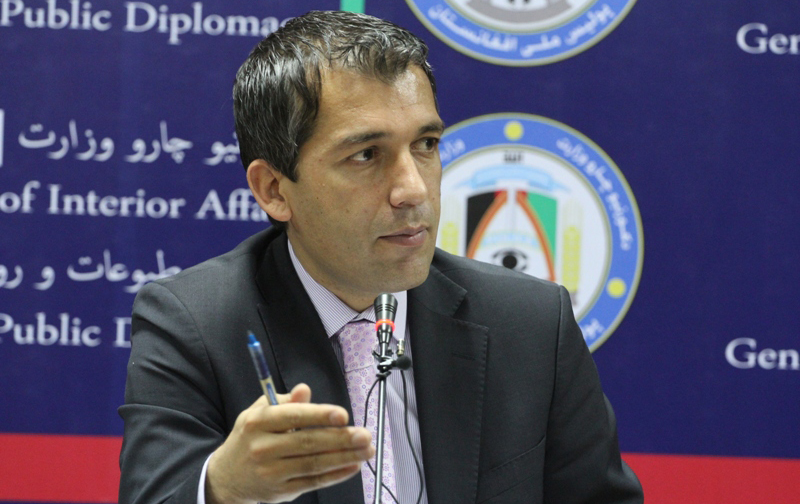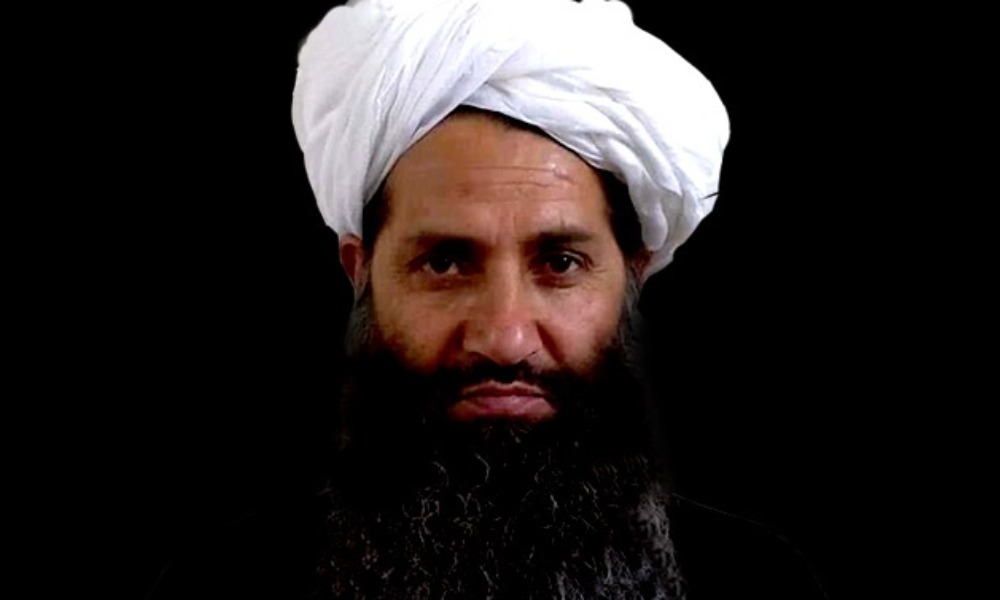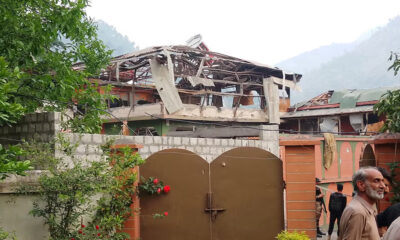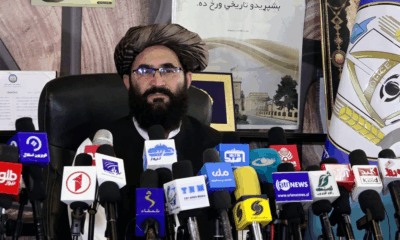Latest News
MoI: Kundoz collapse exposes govt’s weakness

The Ministry of Interior says that the fall of Kundoz by the armed Taliban does not show the strength of Afghan government but indicates the weakness of the government.
Under cover of darkness, groups of Taliban fighters carrying rocket-propelled grenades and automatic weapons sneaked through fields and villages towards the northern Afghan city of Kunduz from four directions last Monday.
Spokesman of the interior ministry accepts the increase of security forces causalities compared to the last year but announces the 15 % increase in activities and movements of police than the past solar year.
“Unfortunately, the collapse of Kundoz by the armed Taliban shows our weakness. We had serious problems that led Taliban to attack Kundoz but we should experience from this incident,” Sidiq Sidiqi, spokesman of MoI said.
Some Afghan officials also believe that lack of readiness for urban warfare was why Kunduz fell so quickly once insurgents were inside the city limits.
The fighting between the Afghan security forces and the Taliban group is on and off in small scale but the siege has reportedly ended.
What surprised most people was the fact that the Taliban had achieved the strategic victory in the relatively peaceful northern parts of the country.
On Monday morning, Kunduz had about 2,000 national police and 3,000 soldiers protecting the city, backed by about 1,000 militiamen linked to local power brokers.
Meanwhile, Sidiqi noted that the casualities of civilians shows 2.9 percent increase compared to the past year.
At the other side, terrorist movements raised by 34.4 percent which are new threats for Afghan security forces.
Statistics recorded in the Afghanistan interior ministry indicates that 9538 criminal cases and 6497 terrorist cases have been occurred in the first six months of the current solar year.
This comes as the fall of a provincial capital, even if short-lived, is a significant psychological blow to the national unity government.

Latest News
IEA Supreme Leader reminds intelligence agency of its obligation to protect Islamic system
Akhundzada emphasized that the intelligence agency must neutralize any plots designed to undermine the Islamic government.

The Supreme Leader of the Islamic Emirate, Sheikh Hibatullah Akhundzada, has stated that Afghanistan’s General Directorate of Intelligence (GDI) is obligated to dismantle all covert and overt plans orchestrated by enemies of the Islamic system.
Speaking at a one-day seminar for intelligence officials, Akhundzada emphasized that the Islamic Emirate’s intelligence agency must neutralize any plots — whether visible or concealed — designed to undermine the Islamic government.
He described the intelligence apparatus as the backbone of the administration and stressed that no one should be allowed to insult Islamic values and religious principles, either openly or covertly.
The Supreme Leader further directed intelligence officials to work in coordination with other government departments to enforce Sharia law and promote religious awareness among the public.
He also instructed intelligence personnel to treat citizens respectfully, refrain from making arrests based on suspicion or without evidence, avoid mistreatment of detainees, and ensure the protection of confidential information.
Latest News
China invites Afghanistan’s foreign minister to visit Beijing
China’s Special Representative for Afghanistan met with Amir Khan Muttaqi to discuss expanding trade ties between the two nations
Latest News
Afghanistan, Pakistan, China meet over expanding trade ties
Key topics on the agenda included the establishment of joint industrial parks in Afghanistan and the development of shared export processing centers

Senior officials from Afghanistan, Pakistan and China came together in Kabul to discuss the strengthening and expansion of trade relations between thethree nations.
The meeting was attended by Nooruddin Azizi, Acting Minister of Commerce and Industry of Afghanistan; Mohammad Sadiq, Special Representative of Pakistan; and Yue Xiaoyong, Special Representative of China.
Key topics on the agenda included the establishment of joint industrial parks in Afghanistan, the creation of special economic zones, and the development of shared export processing centers.
The three parties also explored the possibility of organizing trilateral trade exhibitions and setting up support centers for small and medium-sized enterprises (SMEs) in Afghanistan.
Officials noted that the facilitation of banking relations between the three countries was a fundamental requirement for enhancing economic cooperation.
The Afghan Ministry of Commerce and Industry stated that the meeting reflected the strong commitment of the participating countries to deepening regional trade and economic collaboration, expressing hope that the outcomes will yield positive benefits for all parties involved.
-

 Regional4 days ago
Regional4 days agoAt least 26 civilians killed in Indian strikes on Pakistan: Islamabad
-

 Regional4 days ago
Regional4 days agoIndia strikes Pakistan over Kashmir tourist killings
-

 Science & Technology4 days ago
Science & Technology4 days agoSkype ends operations after 22 years of service
-

 Latest News4 days ago
Latest News4 days agoIslamic Emirate of Afghanistan ‘concerned’ over rising tensions between Pakistan and India
-

 World4 days ago
World4 days agoMacron to meet Syrian president on Wednesday, expected to discuss security
-

 Latest News4 days ago
Latest News4 days agoPassport Directorate earns nearly 13 billion AFN in one year
-

 Health4 days ago
Health4 days agoWHO confirms second Polio case in Afghanistan
-

 Regional3 days ago
Regional3 days agoIndia dismisses report of Pakistan downing jets as “disinformation”


















